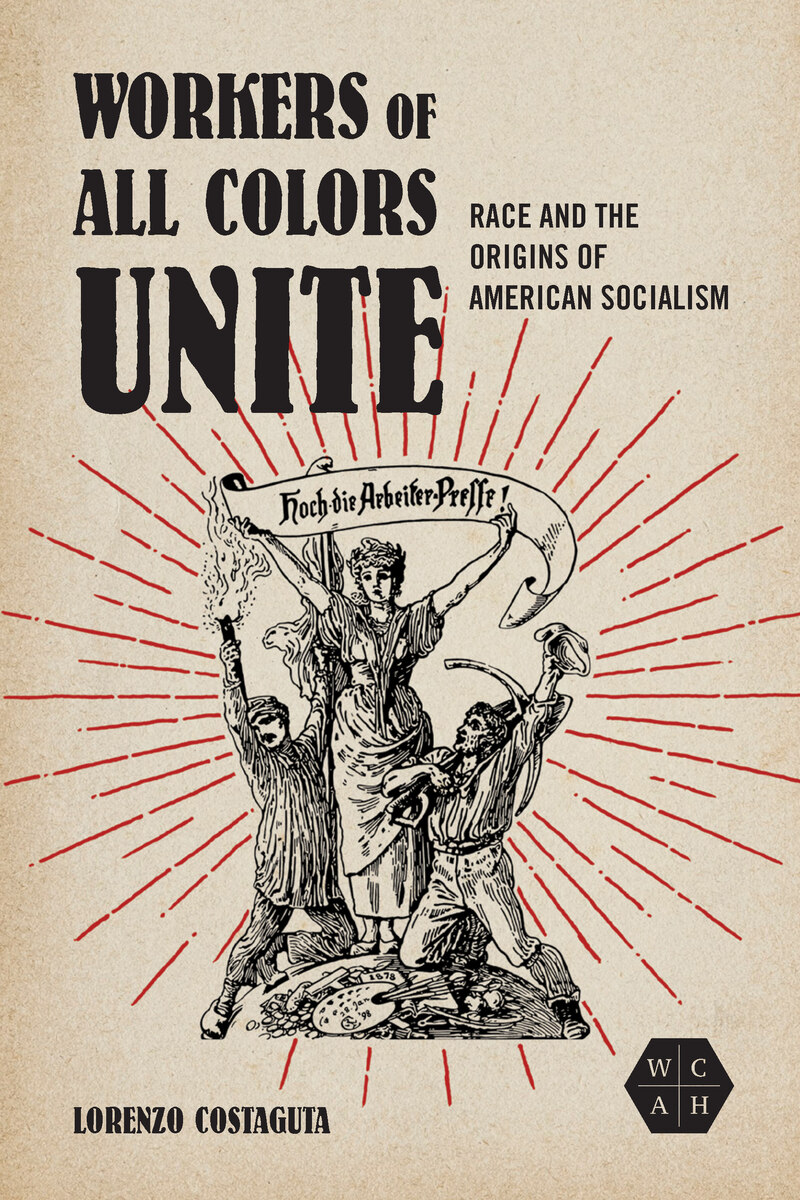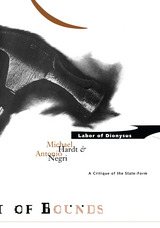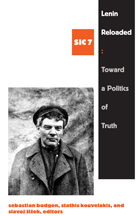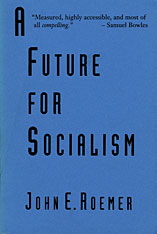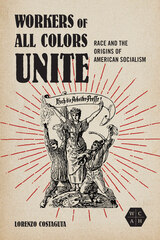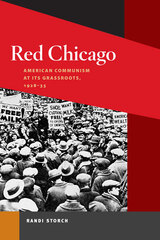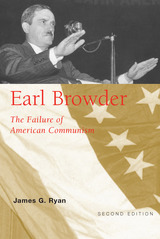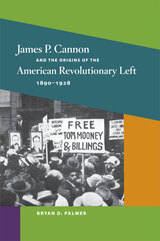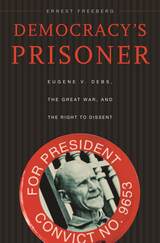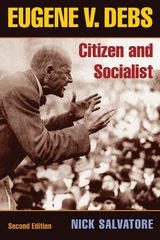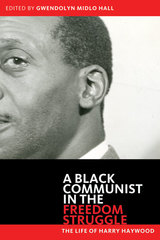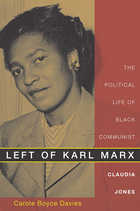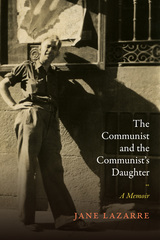Workers of All Colors Unite: Race and the Origins of American Socialism
University of Illinois Press, 2023
eISBN: 978-0-252-05408-2 | Paper: 978-0-252-08707-3 | Cloth: 978-0-252-04492-2
Library of Congress Classification HX83.C648 2023
Dewey Decimal Classification 335.00973
eISBN: 978-0-252-05408-2 | Paper: 978-0-252-08707-3 | Cloth: 978-0-252-04492-2
Library of Congress Classification HX83.C648 2023
Dewey Decimal Classification 335.00973
ABOUT THIS BOOK | AUTHOR BIOGRAPHY | REVIEWS | TOC
ABOUT THIS BOOK
As the United States transformed into an industrial superpower, American socialists faced the vexing question of how to approach race. Lorenzo Costaguta balances intellectual and institutional history to illuminate the clash between two major points of view. On one side, white supremacists believed labor should accept and apply the ascendant tenets of scientific theories of race. But others stood with International Workingmen’s Association leaders J. P. McDonnell and F. A. Sorge in rejecting the idea that racial and ethnic division influenced worker-employer relations, arguing instead that class played the preeminent role.
Costaguta charts the socialist movement’s journey through the conflict and down a path that ultimately abandoned scientific racism in favor of an internationalist class-focused and racial-conscious American socialism. As he shows, the shift relied on a strong immigrant influence personified by the cosmopolitan Marxist thinker and future IWW cofounder Daniel De Leon. The class-focused movement that emerged became American socialism’s most common approach to race in the twentieth century and beyond.
See other books on: Equality | Multiculturalism | Race discrimination | Socialism | Working class
See other titles from University of Illinois Press
